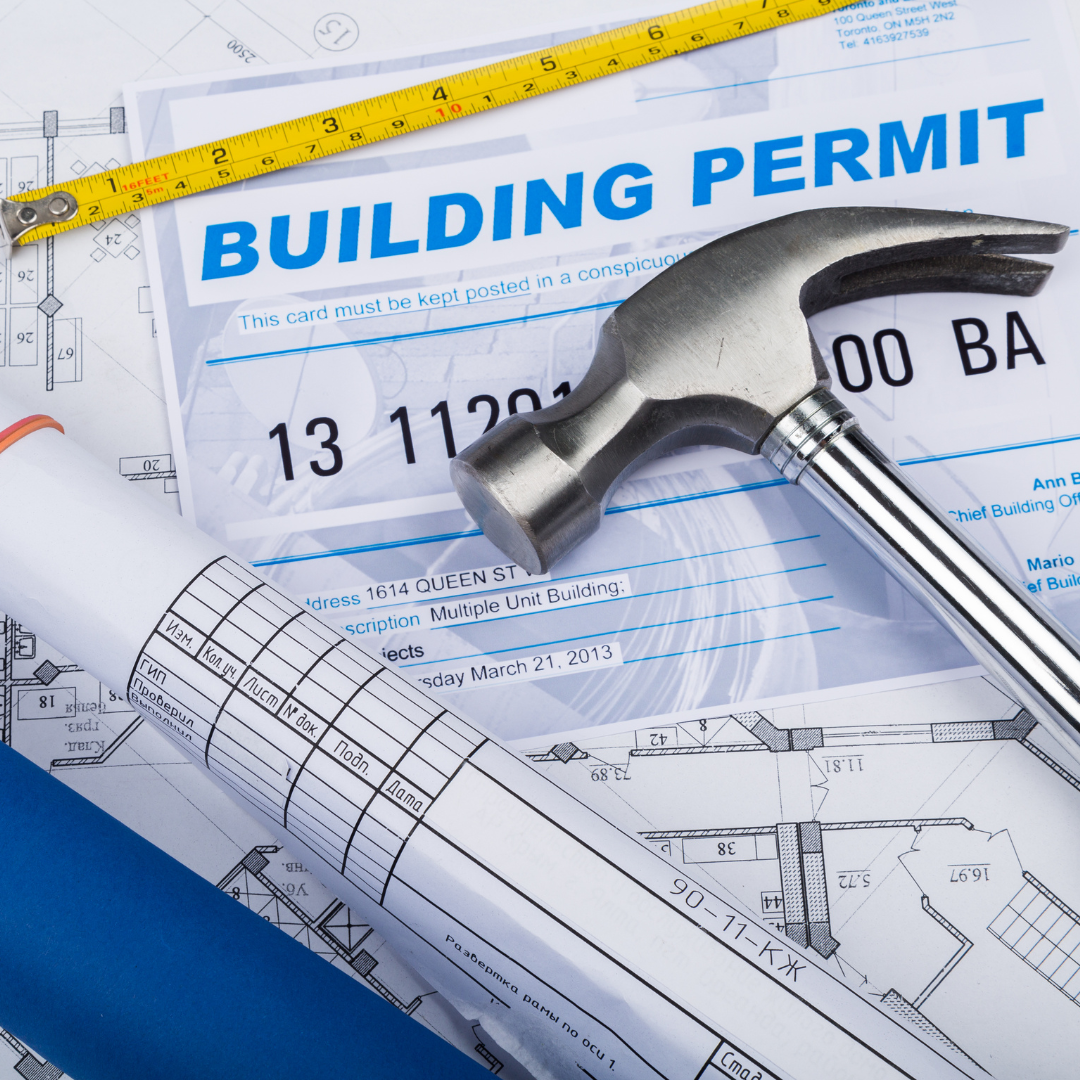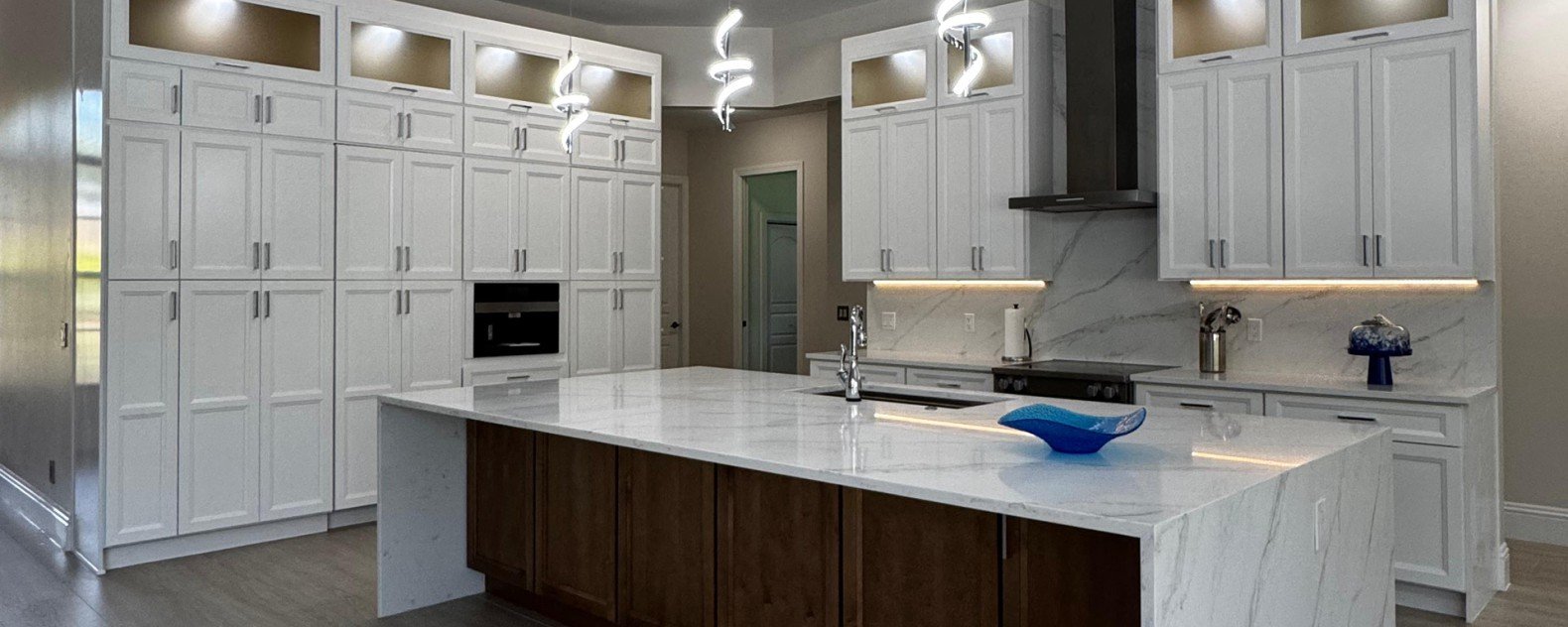What Homeowners Need to Know Before Starting a Renovation
Building permits are often required for remodeling projects that involve structural changes, plumbing, electrical work, or major alterations. Whether you're adding a bathroom, removing a wall, or even upgrading your deck, it's crucial to understand local permitting rules before starting the work.
Why Permits Matter?
Permits are not just red tape — they’re in place to ensure:
- Safety: Work meets local building codes and standards.
- Quality: Proper materials and methods are used.
- Value: Permitted work helps protect (and may increase) your home’s resale value.
- Liability: Unpermitted work can lead to fines, insurance issues, and costly rework.
Common Remodeling Projects That Usually Require Permits
- Room Additions or Conversions (e.g., converting a garage into living space)
- Wall Removal or Structural Changes
- Electrical System Upgrades
- Plumbing Relocation or Major Installations
- Roof Replacement or Deck Construction
- HVAC Installations or Replacements
- Window or Door Enlargements
Projects That May Not Require a Permit
Projects That May Not Require a Permit
While requirements vary by city and county, the following are often considered “cosmetic” and typically do not require a permit:
- Painting, flooring, or wallpaper
- Replacing cabinets (without altering plumbing/electrical)
- Installing new countertops
- Minor repairs and general maintenance
Who Is Responsible for Getting the Permit?
If you're hiring a professional remodeling contractor (like us), we handle the permitting process for you. This includes filing applications, scheduling inspections, and ensuring all work is up to code.
Don’t take chances when it comes to permits. They’re essential for protecting your investment, ensuring safety, and keeping your project on track. A reputable contractor will always advise you on what’s needed — and handle the process from start to finish.

